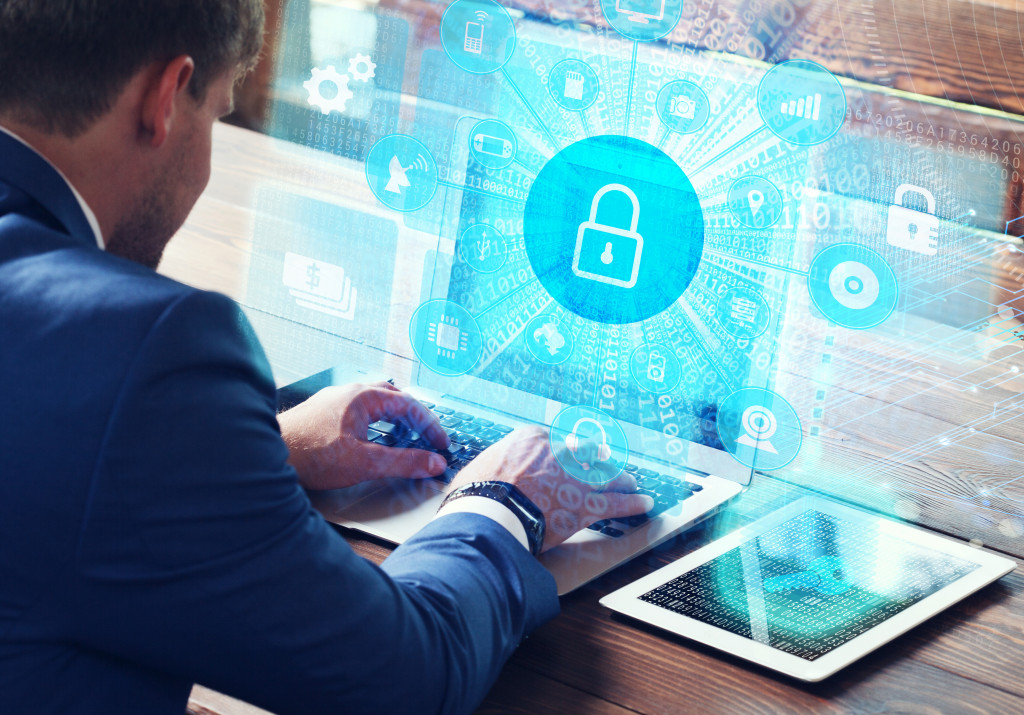The world of virtual currency has expanded exponentially in the past decades. With this expansion, security becomes a pertinent topic for those interested in these changes.
This article provides strategies to streamline the process of securing one’s virtual currency and avoid theft or loss from hackers and thieves.

Password Security
The first step is to use strong passwords that others cannot easily guess with access to your computer. It includes using uppercase letters, lowercase letters, numbers, and symbols — anything but simple words like “password” or “12345”.
It also helps to change your password periodically and maintain a two-step verification on all accounts, where available. In doing so, you protect yourself against hackers who may have guessed or obtained your password.
Two-Factor Authentication
As mentioned in the previous section, two-step verification secures accounts and prevents others from accessing them. It requires your password and something you have on hand as a code sent to your phone via SMS.
This feature also comes in handy for anyone who may find themselves on a new or unfriendly computer, such as when traveling.
Encryption
After downloading the virtual currency wallet to your computer, it is prudent to encrypt your data by adding another password that only you know about. This way, if your laptop gets stolen, hacked, or infected with malware, you will be protected because whoever has access to your encrypted sensitive data will need that password to be able to use it.
Encryption also plays a crucial role in protecting your virtual currency accounts. It works by encoding (or scrambling) private information like personal details and credit card numbers into a form that only authorized users can read, but it is incomprehensible to anyone else. It will prevent others from accessing your sensitive data if they get hold of it without knowing the password or encryption key.
Backups
One of the most common ways to lose control of your virtual currency is by forgetting the encryption and password. It’s crucial to use a safe backup method for your data to protect yourself from such situations.
Different backup methods depend on the virtual currency wallet you’re using. Still, they all have one thing in common: it encodes your sensitive data into another form, which you can then use to recover your virtual currency.
Minting
Minting protects your digital assets by validating information on the blockchain network and producing new coins. This validation is done through mining, which involves solving mathematical problems to create new coins.
It adds transactions to the ledger and creates public consensus on what valid transactions should be added to the next block in the chain. You can use this method to protect your virtual currency against hackers because you have the power to validate transactions yourself.
Virtual currency mining involves a lot of effort and resources, so it is essential not to abuse it. Remember that every transaction you validate consumes computational resources, which could impact your computer’s performance or cause it to overheat from too much activity inside the processor. You might need to take additional steps to protect your virtual currency if this happens.
Cold Storage Wallet
An offline wallet refers to any storage wallet that isn’t connected to the internet so that no one can hack it through an online medium.
However, it is essential to remember that the offline storage methods are not fool-proof because they still have vulnerabilities. For instance, you might lose the physical media or the device involved in storing your virtual currency if it is stolen.
Using cold storage can also mean using a piece of paper for storing codes or passwords instead of using your computer. It might be helpful in situations where you can’t access your computer, but it is not recommended keeping the codes and passwords on that paper for too long.
Stable Coin
A stable coin refers to a virtual currency with pegged or fixed prices. The idea behind this is for the coin’s value not to fluctuate, so you always know how much it is worth at any moment.
The benefit of this is that users who store their money in the coin don’t have to worry about market swings, which is the high probability of losing or gaining value.
Crypto assets are considered more volatile than other types of currency, but stable coins might make the virtual currency more accessible to a broader range of users.
These are some strategies you can use to protect your virtual currency. Remember that it is always essential to use various methods to secure your data, and don’t rely on just one. Use encryption, backups, minting, and cold storage to keep your data safe and protected from hackers.



